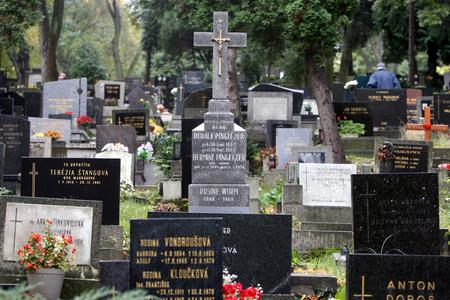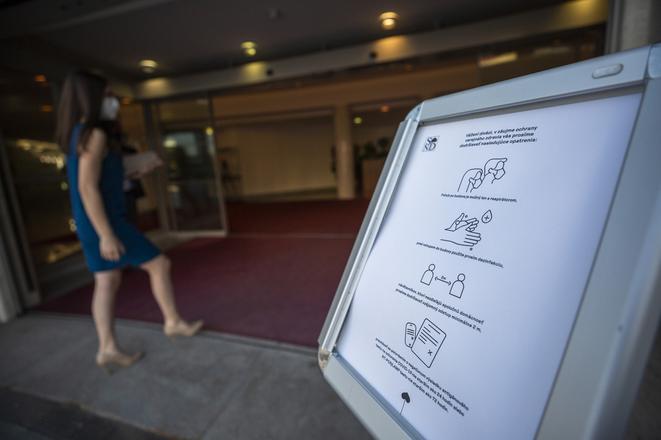Experts have warned that Slovakia will face a resurgence of coronavirus infections later this year but that it will not be as severe as the second wave that ravaged the country for more than half a year.

Epidemiologists and disease modelling experts say a further wave of infections is likely at some point in the autumn, but that the protection from vaccinations among the population means it should not be as deadly as the recent wave which claimed more than 12,000 lives.
And they said that while infection, hospitalisation, and death rates across the country are falling, people should not think the disease is about to disappear.
“Restrictions have now been lifted and people feel that nothing [bad] is going to happen anymore, but that is not true,” Henrieta Hudečková, Chief Epidemiologist at the Health Ministry, told The Slovak Spectator.
Restrictions are gradually being lifted in almost all parts of Slovakia as the pandemic eases after a second wave of infections during which the country at one point found itself at the top of global Covid-19 mortality charts.
But scientists have been at pains in recent weeks to point out that the improved epidemiological situation is unlikely to last indefinitely.
Mathematician Richard Kollár from the initiative Science Helps explained that just as incidence of flu and other respiratory diseases rises in autumn and winter, the same will be true for coronavirus this year.

“In the sense that conditions for spreading the disease are good… if not enough people are vaccinated, or have had the disease, the virus will just go on spreading,” Kollár told The Slovak Spectator.
He added that as it is unlikely the virus will simply disappear at any time in the near future, there are likely to be waves of varying strength appearing and then dying out. How severe they are will depend on how much of the population is vaccinated or has had Covid-19.


 Illustrative stock photo (source: TASR)
Illustrative stock photo (source: TASR)